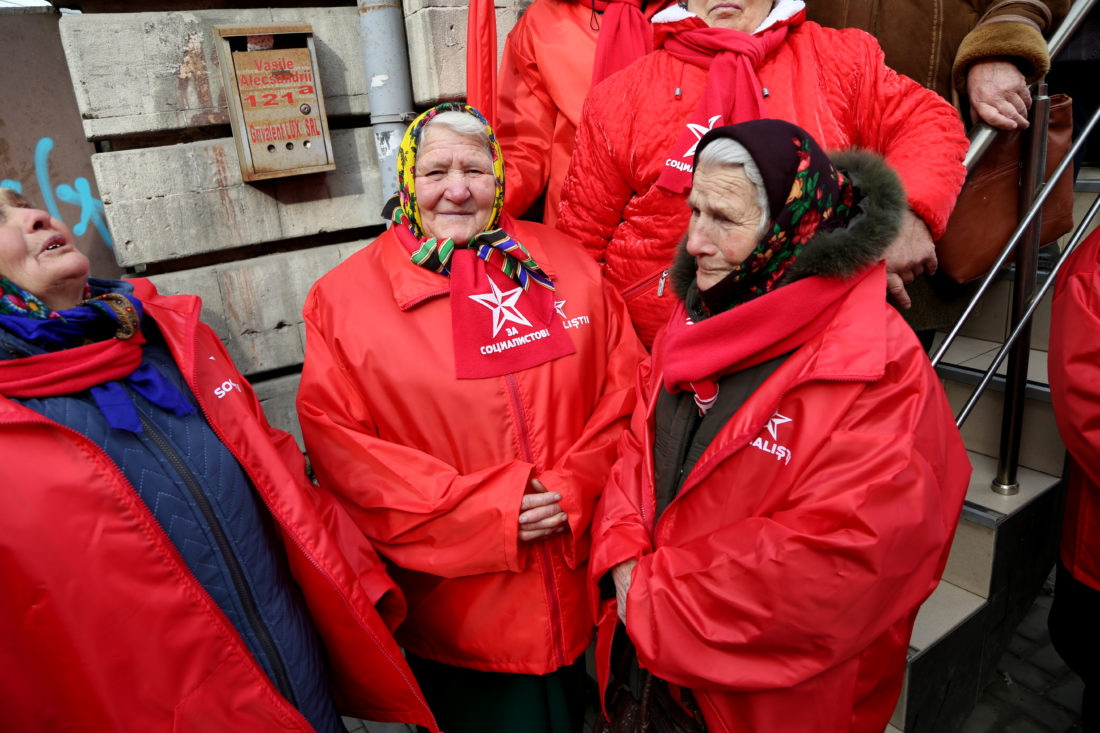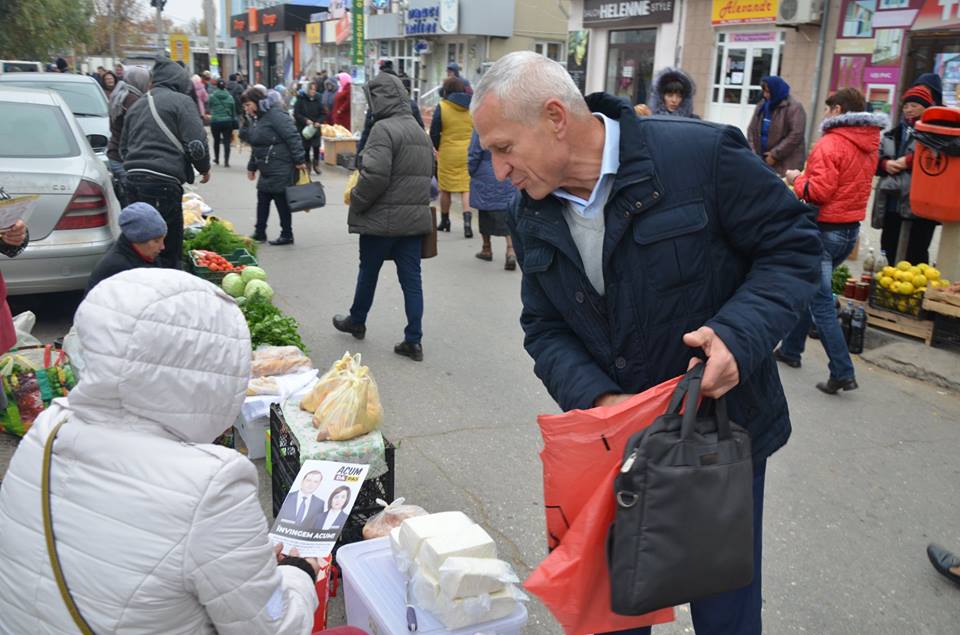What you need to know about the parliamentary elections in Moldova
Moldova will elect its tenth parliament on 24 February, but these elections aren’t anything at all like previous ones.
The Moldovan newspaper Ziarul de Gardă looks into possible outcomes for the country, where democracy is continuing to fail.
A mixed voting system and administrative resources
Last year Moldova transitioned from a proportional to a mixed system of voting.
This means that half the MPs are elected in accordance with the party ticket, and the other half as single-seat districts. The government insisted that this system be introduced for multiple years, and it is being implemented for the first time in these parliamentary elections – in spite of protests from the opposition and outrage from Europe.
The opposition and civil society believe that the ruling party can now utilise administrative resources and purchase votes in the hinterlands unimpeded, and in doing so substantially strengthen its already not-too-shaky position.
• Gagauzia – Moldova’s pro-Russian autonomous region
A referendum to circumvent the constitution
Another thing awaiting voters at polling booths on 24 February is a referendum.
Voters will answer two questions: “Do you support reducing the number of deputies from 101 to 61?” and “Do you believe that the people [public] can recall (dismiss) deputies if they are not fulfilling their obligations as they ought to?”.
The ruling party has had to fight with the opposition and civil society in this matter as well.
Observers say the second question is of more risk to the country as dismissal of an elected MP runs contrary to the Moldovan constitution. Moreover, from a technical point of view, under the current conditions of a mixed electoral system, it’s unclear how the recall procedure will be applied to MPs elected on the national ticket, since they are in a more advantageous position when compared to those who are elected via single-mandate constituencies.
An infographic illustrating the attitudes of Moldova’s primary political parties to the matters currently facing voters including their basic platforms:
Who’s who
Three primary powers are in the lead in the pre-election campaign: the Democratic Party of Moldova, led by oligarch Vladimir Plahotniuc (the current ruling party); the supporters of pro-Russian president Igor Dodon; and the pro-European opposition, which has a chance of entering parliament.
According to polls (this, for example, is one of the most recent), the Socialist party has the highest chances of victory: 39 per cent of respondents said they would be willing to vote for this party. The president of Moldova and de facto leader of the socialist party, Igor Dodon, refers to himself as a “pro-Moldovan, not pro-Russian” politician, but nevertheless considers his friendship with President Putin to be one of his undeniable merits.

However, in their statements even those Moldovan politicians who openly share the Kremlin’s interests usually avoid pronouncements that would lead voters to suspect they might turn away from the road towards European integration. In recent years Moldova has managed to re-direct its agricultural export towards Europe and losing this accomplishment might lead to catastrophic consequences.
Fourteen per cent promise to vote for the Democratic Party, headed by oligarch Vlad Plahotniuc. The party’s agenda proposes cooperation with the EU, but not at the cost of souring relations with Russia.

In terms of political weight, voters consider the pro-European opposition bloc third in line. This alliance is called ACUM, translated from the Romanian for ‘now’. ACUM includes the ‘Action and Solidarity’ party (favored by 13 per cent of respondents) and the ‘Merit and Truth’ platform (9 per cent).
This combination of opposition forces might very well lead to a coalition being formed between the democrats and the socialists. At the very least, observers aren’t ruling out such a development. But for the moment, such a coalition has not emerged.

Gifts, concerts, and other pre-election strategies
Candidates are traditionally imaginative in their efforts to buy off voters. Gifts, money transfers, concerts, evenings with celebrities and excursions all come into play, and allegedly have nothing to do with pre-election campaigning.
The democrats, socialists and the Shor party (headed by the Moldovan entrepreneur Ilan Shor) are most often noted taking part in this sort of disguised political advertising.
For example, the democrats wished Moldovan retirees a happy New Year, and, as if by chance, announced that they would receive benefits of 600 leu (around $34), which the government allocated at the initiative of the ruling party.
Experts see a clear use of administrative resources here:
“This is a bone that they throw to people once every four years, when elections are drawing near,” said political analyst Vyacheslav Berbeka. “We consider these letters to be a camouflaged form of buying off voters.”
Observers from the authoritative NGO Promo-LEX calculated that over the past one-and-a-half months the Democratic Party, Socialist Party, and Shor Party have spent almost 192,000 euros on concerts and other, similar events that are, in fact, part of their pre-election campaigns, but are nevertheless not included in their campaign funds.

Important elections, but open-ended?
The main question being asked by observers is whether or not Moldova will end up with a socialist government? Experts believe that the socialist party will receive the majority of seats in parliament, but won’t achieve the mandate of 51 (the number needed to receive the right to form a government).
The likelihood of a coalition being formed after the elections between the democrats and socialists is also being debated.
However, if a government has not been formed three months after the elections, parliament will be dismissed and snap parliamentary elections declared.




















